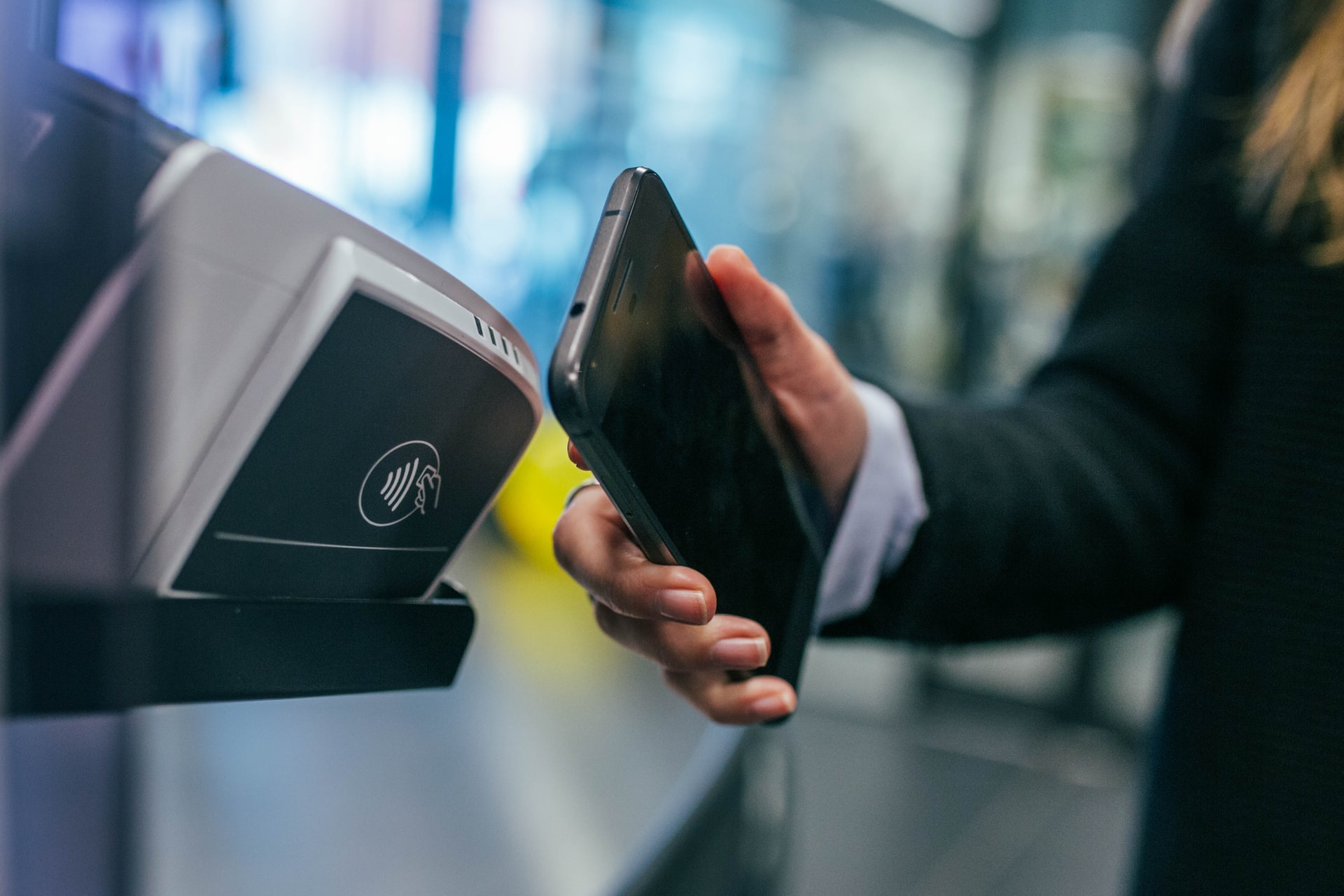Menu
Banking on Technology: The Philippines’ Untapped Fintech Sector

Prior to the sudden outbreak of the global pandemic, much of the banking sector had already been seeking ways to change the regulations and promote more competition. This is especially true for smaller firms looking to enter into an industry largely dominated by corporate giants. This is what gave way to the blossoming fintech sector around the world.
Fintech has been significantly successful over the past decade, especially with the continuous innovations that it benefits from — whether it concerns technology, policies, or the overall perception of consumers. Likewise, it also encourages better financial inclusion in widely unbanked areas, businesses, and populations.
This industry has not only been on a steady upwards trajectory since its introduction, but it also substantially skyrocketed over the past year as the pandemic disrupted the entire world. In the Philippines, it is apparent that there is a huge untapped market for digital financial services which banks — both conventional and modern — should look to capitalize on.
According to a report authored by Joyce Ong, an analyst for Moody’s Investors Services, fintech companies and digital-only banks are poised to surpass long-standing conventional banks in key retail areas and even customer service by providing more accessible and easier-to-use financial services.
Additionally, Ong noted that the Philippines is among the most unbanked countries in the Southeast Asian Region. It was observed that approximately 70% of adults in the country severely lack access to banking and financial avenues compared to its neighbors. Only 50% of adults in Indonesia experience the same issue, while Thailand is at 20% and Malaysia is at 15%.
What makes the fintech industry extremely viable in the Philippines is the country’s very profitable remittance market, being the fourth-largest recipient of inbound remittances in the world. In 2020, remittances amounted to a total of $29.9 billion accounting for 8.3% of the country’s GDP. This also generated around $1.4 billion in fees for banking companies annually.
Quite recently, Bangko Sentral ng Pilipinas Governor Benjamin Diokno announced that OFW remittances reached $2.38 billion in May 2021. This led to an increase of 13.1% compared to the same period in 2020. Earlier in April, the figures were reported to have been at $2.3 billion. Remittances are projected to grow throughout the remainder of the year in light of the prolonged challenges of the pandemic.
In response, the Philippine mobile wallet market has also exploded over the past year. Active users of electronic wallets saw an increase of 61% during the first nine months of 2020. Digital transactions on various platforms like GCash and PayMaya have also been noted to have gone over ₱220 billion as of May 2021. Needless to say, there is a massive growth potential for the fintech industry.
Another feature that makes digital banking more appealing is its close relationship with micro, small, and medium enterprises (MSMEs). In 2020, mobile wallets also began offering microloans to their users directly through their platforms without the need for exorbitant fees.
Digital financial services have now become a necessity within the context of COVID-19, particularly given the restrictions in mobility and surge in demand for contactless transactions. Transitioning to digital banking is now heavily considered as the next step forward for the overall financial system of the country.
Likewise, the persistent emergence of the fintech sector will also prompt significant fundamental changes. For the most part, large amounts of data will become the driving force of the banking industry’s revolution as opposed to revenues. Moreover, financial regulators will also be faced with new challenges along the way as the operational landscape shifts.
As promising as the fintech sector seems, however, there are also certain downsides to be wary of. For one, the general absence of insurance for electronic money is a huge hurdle that needs to be overcome. Fortunately, a scheme has already been proposed to address this issue and boost confidence in the industry.
Ethical data usage should also be at the forefront of the fintech sector’s continued growth in the future. Consumer data can be valuable in enhancing and expanding financial offerings, but it shouldn’t come at the cost of privacy and security. In this regard, fintech companies must always be transparent and customer-centric if they hope to maintain the trust of their consumers.
The entry of more digital banks will definitely intensify competition within the banking industry, but banking firms are not the only ones that stand to benefit from this. Businesses that effectively adopt digital payment methods will also make them more attractive for consumers given the convenience and efficiency that they offer.
So far, numerous companies have applied for digital banking licenses with the BSP but only a handful have been approved. Along with the world’s accelerated digitalization, the Philippines’ banking system has also entered a new revolution with fintech companies at the helm only furthering the entanglement between technology and the economy.
References: PhilStar, Manila Bulletin, BusinessMirror, Yahoo News, TechCrunch
#Top Tags COVID Covid-19 Technology Finance Investing Sustainability Economy

Subscribe to Our Newsletter and get a free pdf:



















Comments are closed for this article!